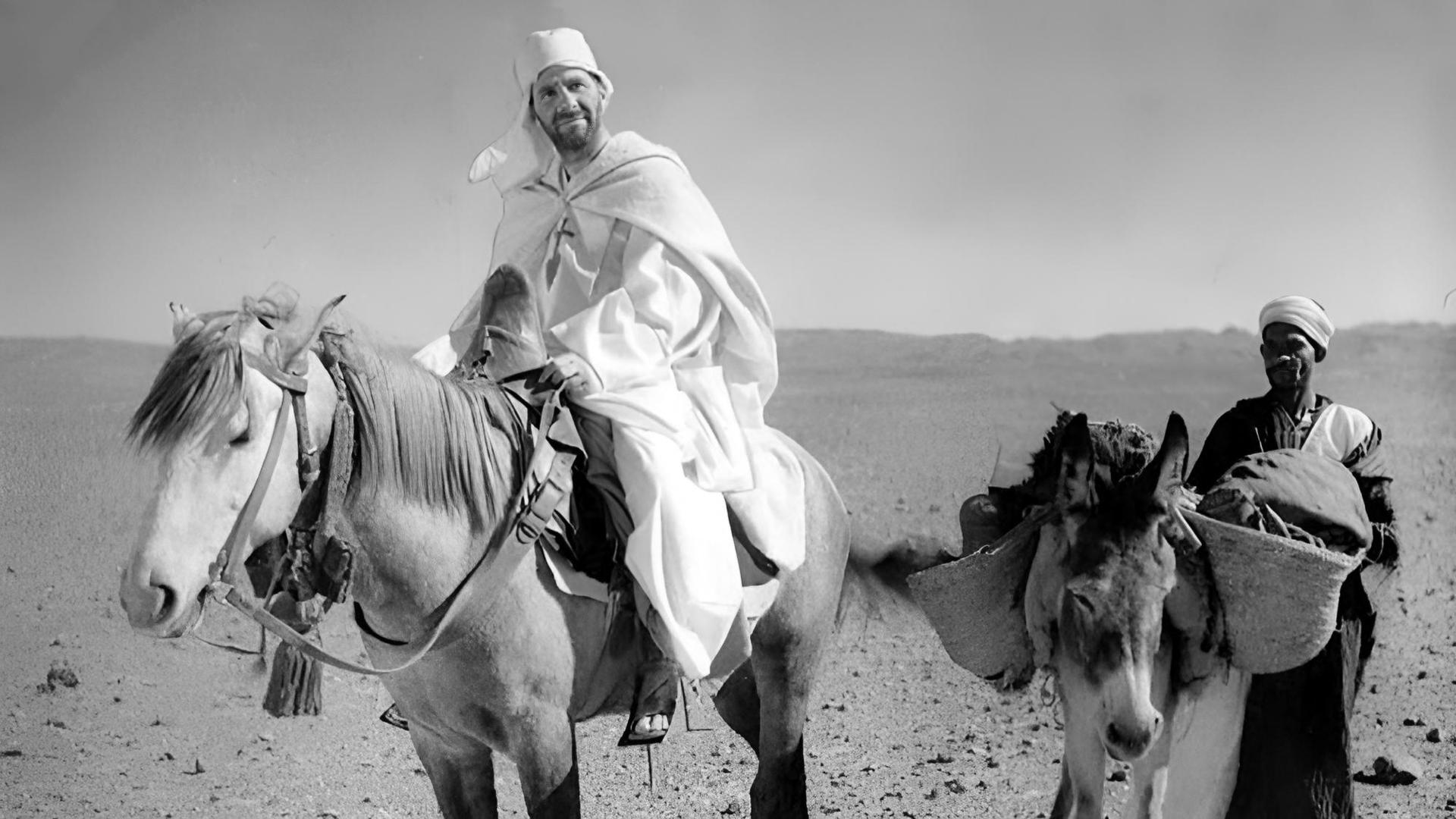
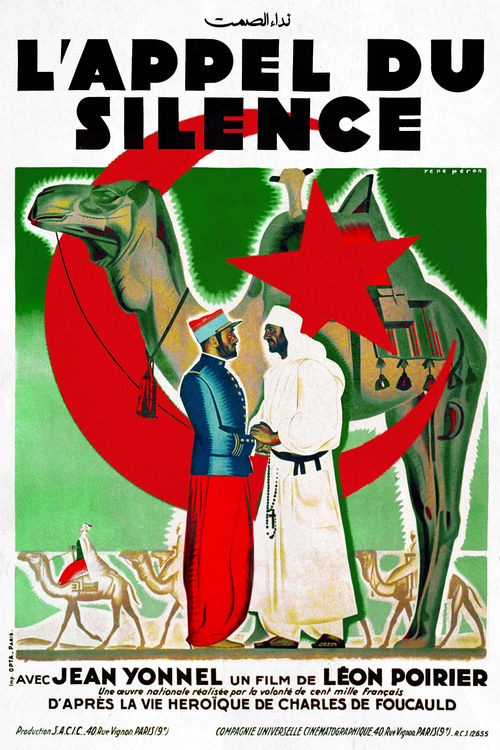
The story of Charles de Foucauld, born September 15, 1858 in Strasbourg (France) and died December 1, 1916 in Tamanrasset in Algeria during the French colonial period, was a cavalry officer of the French army who became an explorer and geographer, then Catholic religious, priest, linguist and hermit in the Hoggar desert in Algeria.

Charles de Foucauld
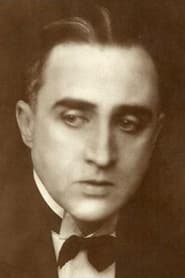
Laperrine
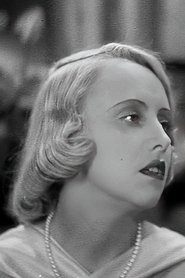
Mademoiselle X
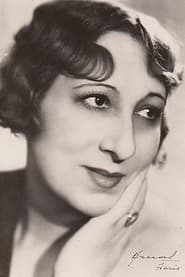
La femme du notaire
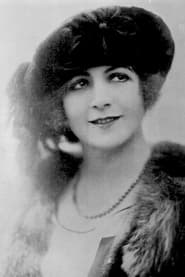
La femme du monde

Colonel
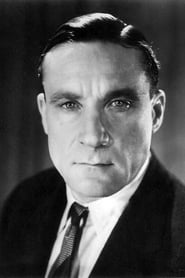
General

Marquis de Morès
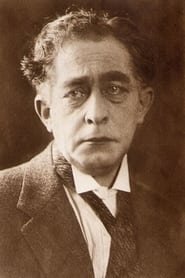

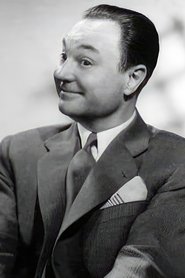

No Trailers found.